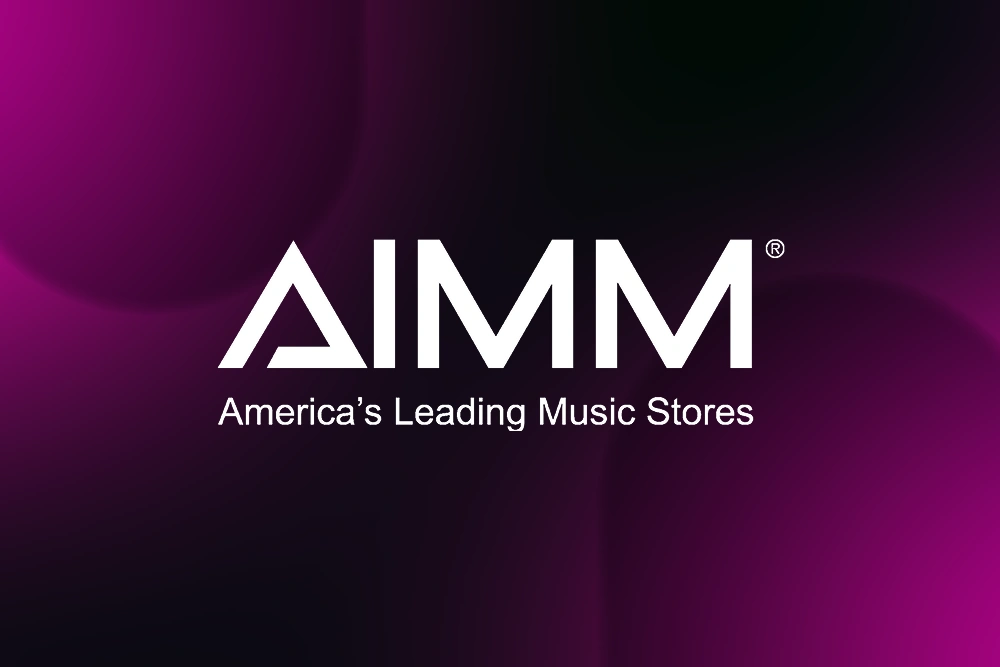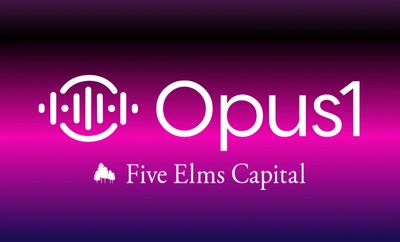In this testimonial, Christopher Luis Jorge of Seven Drum City shares how Opus1 reduced scheduling workload and empowered students. He highlights the flexible features and improved experience compared to Mind Body.
A high-converting follow-up system is one of the most powerful and overlooked ways to increase enrollment in your performing arts school. Learn how to structure, automate, and track a multi-channel follow-up system that turns more inquiries into enrolled students.
Summer camps can be a powerful growth driver for performing arts schools, but only when planning starts early and systems are in place before inquiries surge. This post outlines practical strategies to boost summer camp enrollment.
In this episode of the Rock School Proprietor Podcast, Opus1 Founder & CEO Sam Lellouche shares how he scaled a multi-location performing arts school to 1,400+ students, including the operational lessons that made it possible.
At the 2026 NAMM Show in Anaheim, the Opus1 team connected with music school owners, celebrated customers, and shared insights on building sustainable lesson program growth.
Choosing how to price trial lessons can significantly impact enrollment, teacher morale, and long-term growth for music and performing arts schools. This post breaks down the pros and cons of free, full-price, and discounted trials.
January is the single most powerful enrollment month of the year. When handled with focus and intention, enrolling 100+ students is realistic because demand is already at its peak. This post breaks down the proven marketing strategies that consistently drive January growth.
Turn holiday gratitude into meaningful growth with the “Give the Gift of Feedback” Campaign: a simple, teacher-centered review strategy that boosts morale and strengthens your school’s online reputation ahead of peak enrollment season.
Monthly music school newsletters are a simple, low-cost way to boost enrollment, retention, and referrals. Learn how to structure, design, and automate newsletters that parents actually read—with real examples from Opus1.
Growth is every music school owner’s dream—but it can get messy fast. In this post we explore how New Song School of Music founder Michael Hemsworth scaled from a single piano studio to a 500-student operation, and why sustainable growth starts with systems that keep up with your vision.
In this testimonial, Christopher Luis Jorge of Seven Drum City shares how Opus1 reduced scheduling workload and empowered students. He highlights the flexible features and improved experience compared to Mind Body.
In this testimonial, music school owner Marlayna Goosby shares how Opus1 streamlined billing, makeup lesson scheduling, and text communication. She highlights the easy switch from Jackrabbit Music, user-friendly design, and outstanding support.
This testimonial showcases how Opus1 revolutionized school management for Mason Music. Transitioning from various systems to Opus streamlined processes, enhanced student and teacher relations, and provided invaluable networking opportunities with other schools.
In this testimonial, music school owner Marlayna Goosby shares how Opus1 streamlined billing, makeup lesson scheduling, and text communication. She highlights the easy switch from Jackrabbit Music, user-friendly design, and outstanding support.
Back-to-school season is hectic for families—and even more so for studio owners. In this post we review a detailed checklist to help you prep for the new school year, from scheduling and enrollment to marketing and automation.
Opus1’s partnership with AIMM gives independent music retailers new tools to grow their lesson programs, deepen customer relationships, and boost sales.
Music education is evolving—and data is driving the change. This post explores how analytics tools help educators personalize instruction, boost engagement, and track student progress more effectively.
Summer attendance can dip, but smart marketing can help you stay full. In this post we explore three simple ways to promote your summer programs using social media, local partnerships, and timely offers.
Scheduling shouldn’t be a struggle. This post explores how music schools can use smarter tools to simplify lesson planning, improve communication, and support better learning outcomes.
Running a music school is about more than great lessons—it’s about smart operations. This post explores how management platforms drive ROI by streamlining admin work, improving retention, and freeing you to focus on what matters most.
Today’s music classrooms are more diverse, dynamic, and digital than ever. This post explores how creative teaching strategies and tech integration can help educators engage every student and foster a lifelong love of music.
A well-managed music classroom is the foundation for inspired learning. This post explores practical strategies to keep students focused, foster positivity, and make your classroom a space where music—and learning—can thrive.
Marketing a music school today means more than flyers and word-of-mouth. In this post we explore how to build a strong online presence through audience targeting, content marketing, and digital advertising—so you can connect with the next generation of students.
Managing make-up lessons is one of the toughest challenges for music schools. Discover how automation with Opus1 keeps teachers’ schedules full, reduces admin stress, improves student retention, and helped one school scale from 400 to 1,400 students. A smarter way to handle make-up lessons and unlock growth.
Managing make-up lessons is one of the toughest challenges for music schools. Discover how automation with Opus1 keeps teachers’ schedules full, reduces admin stress, improves student retention, and helped one school scale from 400 to 1,400 students. A smarter way to handle make-up lessons and unlock growth.


























